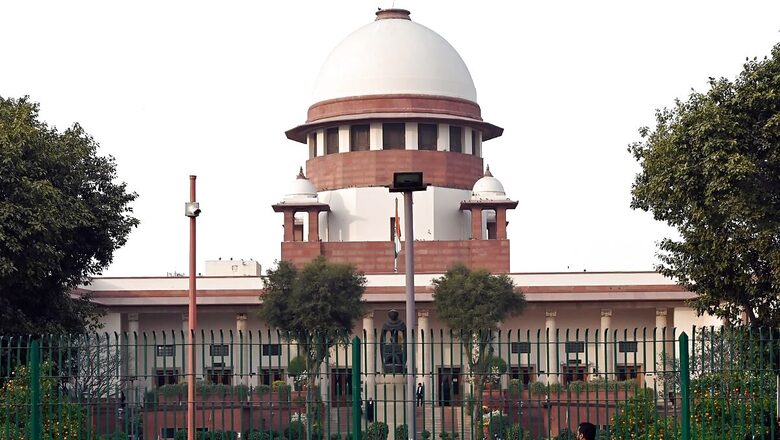
views
The Supreme Court on Monday refused to entertain a plea against the Delhi High Court verdict which had dismissed a petition challenging the procedure adopted for conducting the ‘first level checking’ (FLC) of EVMs and VVPATs ahead of the general elections in 2024.
“Now for us to enter into it would completely delay the election schedule. We don’t want to interfere,” a bench headed by Chief Justice D Y Chandrachud told the lawyer appearing for petitioner Anil Kumar, a former president of the Delhi Pradesh Congress Committee (DPCC).
After the bench showed its disinclination to interfere, the counsel sought its permission to withdraw the plea. “Dismissed as withdrawn,” said the bench, also comprising Justices J B Pardiwala and Manoj Misra.
Kumar had approached the high court with a petition voicing concern about the procedure adopted during the preparation and conduct of FLC of electronic voting machines (EVMs) and Voter-Verified Paper Audit Trails (VVPATs) intended for use in the 2024 general elections to the Lok Sabha. During the hearing on Monday, the apex court said it was not a case that warranted its interference as the DPCC had chosen to stay away from the process when FLC exercise was demonstrated.
When Kumar’s counsel said no other political party joined in the process, the bench observed, “Possibly the fact that other political parties, as you say, don’t join is an indicator that there is a faith in the outcome”. “The involvement of the political parties is one step in the process. It is not that if a political party does not attend, therefore, the entire process comes under the cloud,” it said.
The counsel said FLC was meant for the upcoming Lok Sabha elections and the poll panel was doing it for Delhi, Jharkhand and Kerala. For some other states, it is continuing and for rest, it will be done. “The process is very detailed. Parties have faith in it. It is being replicated across India. We leave it at that,” the bench said.
The high court had delivered its verdict on Kumar’s plea on August 29. It had said the notion of the petitioner that re-convening the FLC would not lead to any time loss was a perspective which the court finds hard to accept.
The Election Commission of India (ECI) operates on strict timelines and delays can potentially jeopardise the entire electoral process, it had said. The high court had said the safeguards and checks embedded in the guidelines were sufficient to ensure the integrity of FLC process and the inclusion of political representatives in sealing the EVMs was a significant step towards mutual accountability.
The petition before the high court had claimed notices were not issued well in advance for carrying out FLC with the result that political parties could not prepare themselves for the process, and sought a direction to the ECI to re-convene the FLC after giving parties adequate time. The high court had said the FLC was a meticulous procedure, designed to uphold transparency, integrity, and security of the electronic voting system. It said the process is executed by certified engineers from Bharat Electronics Limited (BEL) and Electronics Corporation of India Limited (ECIL).










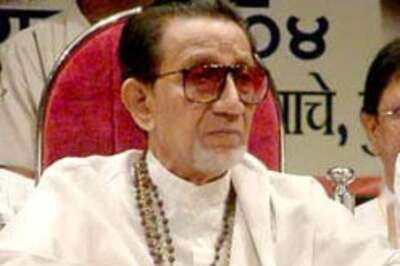

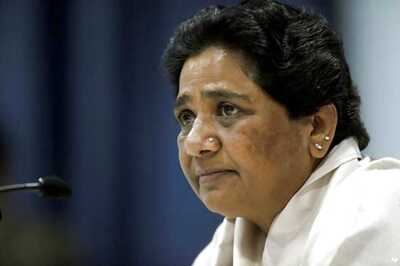

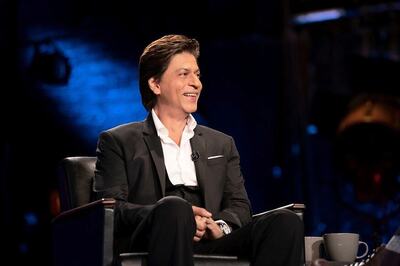

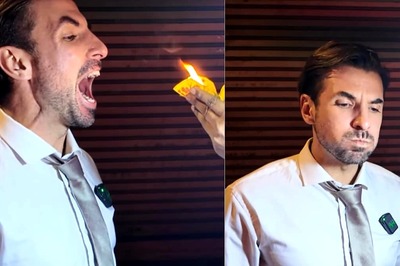
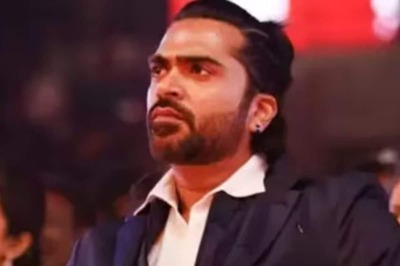
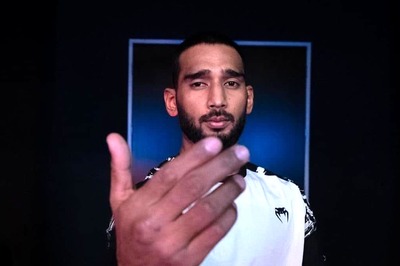
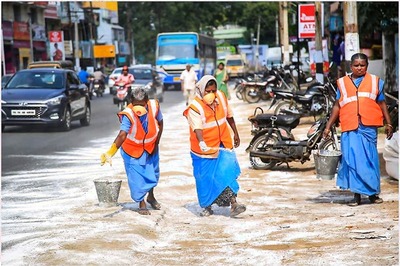
Comments
0 comment